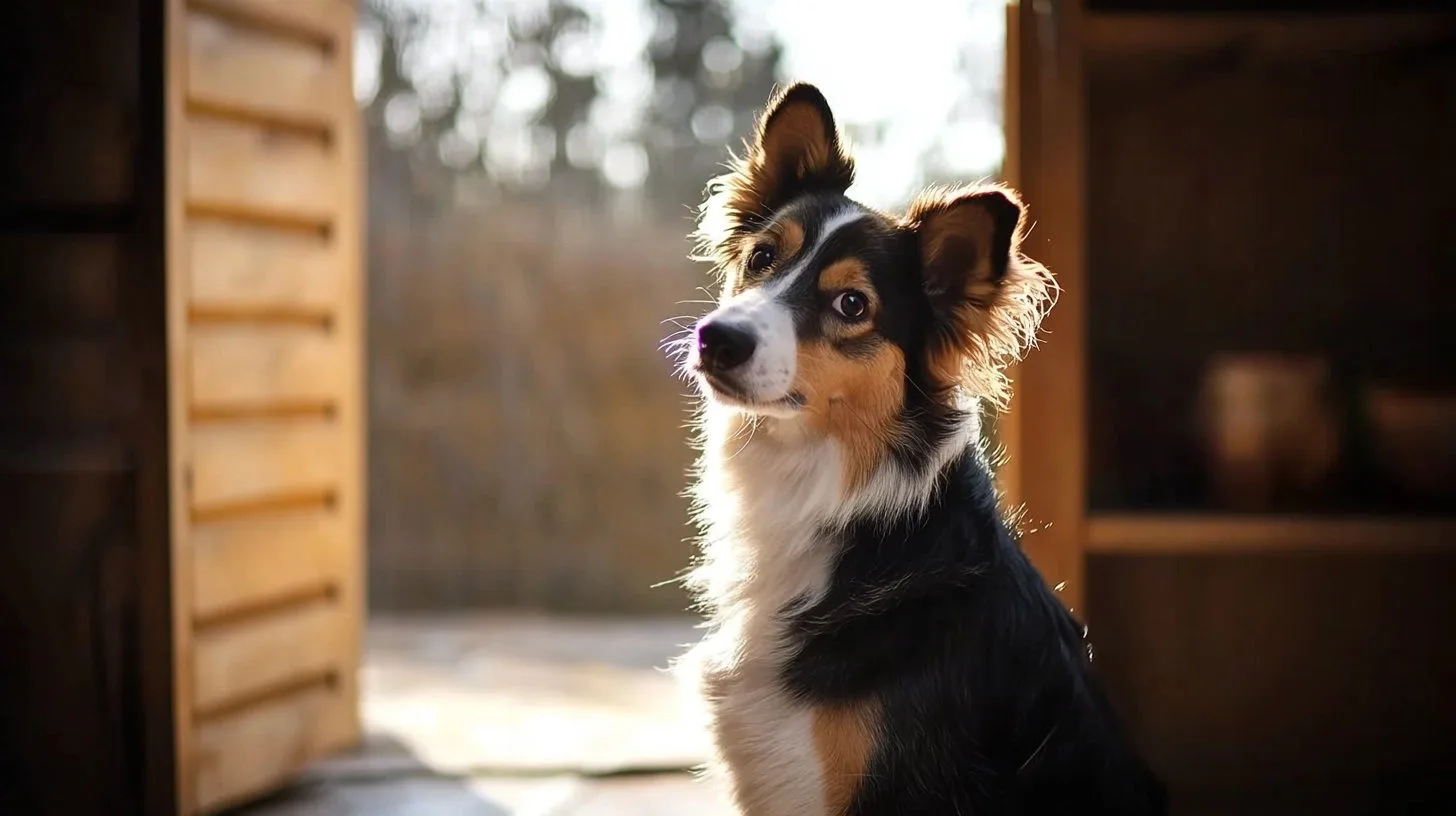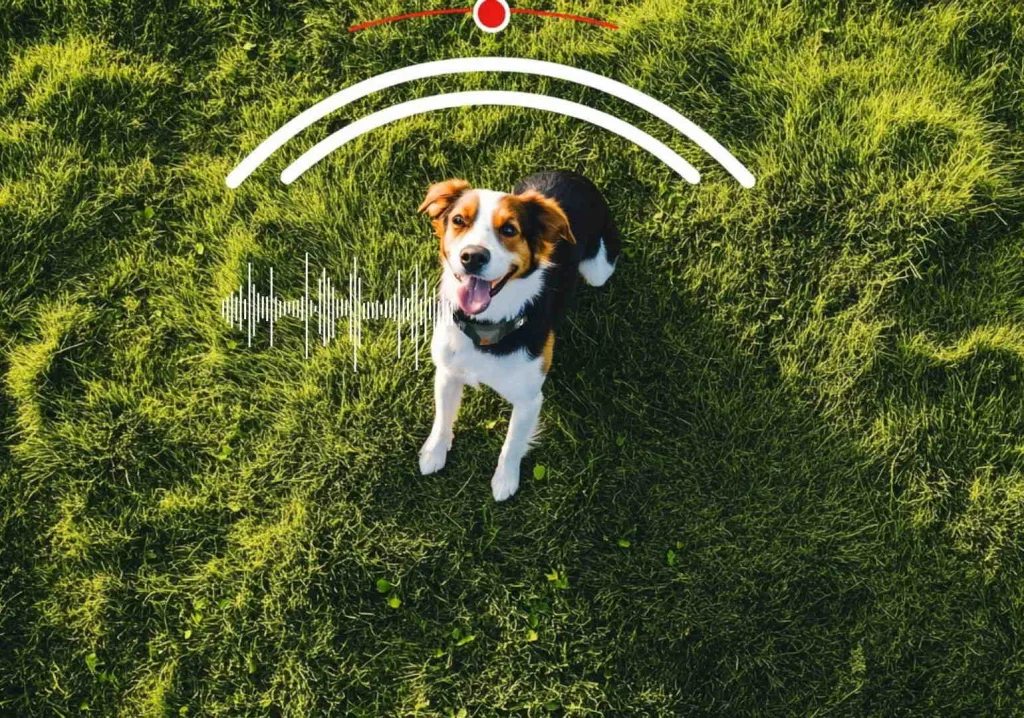SPH
2025.02.07
154

Our cats and dogs seem to have a sense of when we’re about to leave home. Every morning, as I pick up my keys to head out, my dog rushes to the door, eyes filled with curiosity—”Where are you going?” It’s both adorable and heartbreaking. But every pet reacts differently to our departure—some get excited, some feel sad, while others are simply curious. As animals with a completely different way of thinking from humans, do they really know where we’re going when we leave? And how can we use pet smart supplies to support our lonely pets at home?
Cats and dogs experience the world very differently from humans. Their understanding is not based on language, thoughts, or structured plans, but rather on their powerful senses—especially hearing, smell, and sight. These abilities allow them to pick up on small details that we might overlook, such as the sound of our footsteps, the jingle of keys, or the way we put on our shoes before heading out.
For example, dogs learn to associate certain words with specific actions. If you frequently say “let’s go out” before taking them on a walk, they quickly connect the phrase with an outdoor adventure. Similarly, they recognize commands like “treat” or “shake hands.” Over time, they also start to predict your departure based on daily habits—when you put on a specific pair of shoes, grab your bag, or say “goodbye,” they understand that you’re about to leave.
Scientifically speaking, cats and dogs don’t fully comprehend the concept of “going out” in the same way we do. They can’t distinguish between going to work, shopping, or visiting a friend. Instead, they react to the patterns and environmental changes associated with your departure. Some experts even suggest that pets may view their human’s absence through an instinctual lens—assuming that their owner has gone out to “hunt” and provide for the household.
Even if they don’t understand exactly where you’re going, pets definitely feel your absence. Dogs, in particular, may exhibit separation anxiety, especially if they have a strong bond with their owner. Cats tend to be more independent, but they can still experience loneliness when left alone for too long. Their reactions are not based on knowing the reason for your departure, but rather on the emotional impact of your absence. Studies have shown that dogs often experience stronger negative emotions when left alone compared to cats.

“Owners’ Beliefs regarding the Emotional Capabilities of Their Dogs and Cats” PMC, https://pmc.ncbi.nlm.nih.gov/articles/PMC10000035/. Accessed [February 7,2025].
Unlike humans, cats and dogs don’t perceive time in a linear way, but they can recognize daily routines through their internal biological clocks. When you’re away for an extended period, they can sense the difference and react accordingly. Dogs might become restless shortly after you leave, while cats might simply wait patiently.
If you’re away for several days on a business trip or vacation, your pet may begin to assume you are “lost” or “gone forever,” which can cause them stress and anxiety. Some pets may even believe that their owner has gone hunting and didn’t return, triggering feelings of unease and loneliness.
As pet owners, we need to be mindful of the emotional distress our absence can cause. With the rise of smart pet supplies , people are increasingly seeking high-quality care for their pets within the higher price range. This high-quality Smart Pets Home(SPH)smart pet house can be a great way to provide care and companionship for your pet while you’re away.


While pets may not fully understand the purpose behind our outings, they are incredibly aware of our absence. Their reactions stem from emotional bonds and environmental changes rather than a deep comprehension of human activities.
Whether you’re heading to work, meeting friends, or running errands, what truly matters to your pet is not where you go—but whether you come back.



